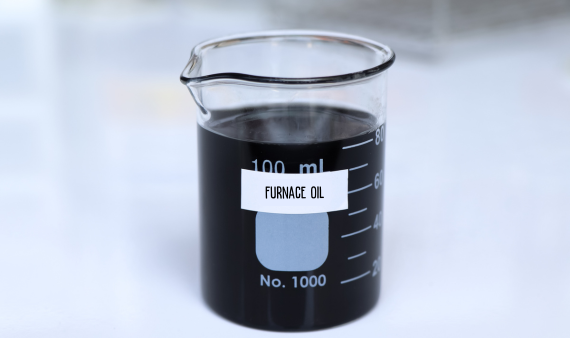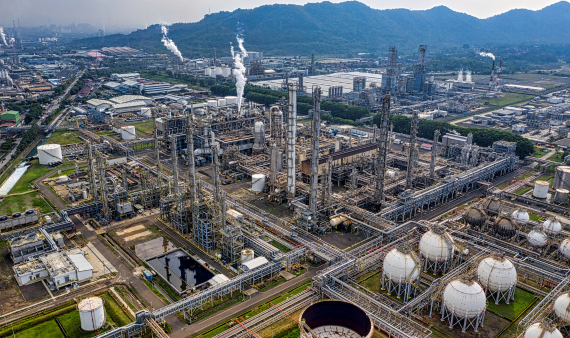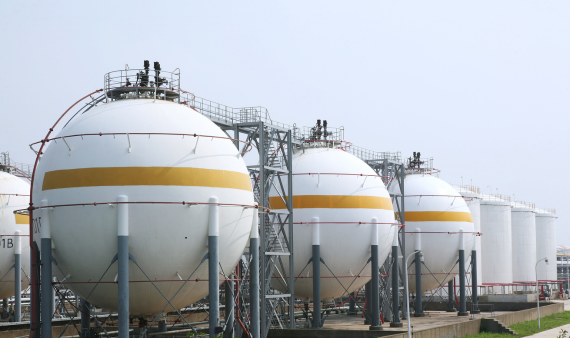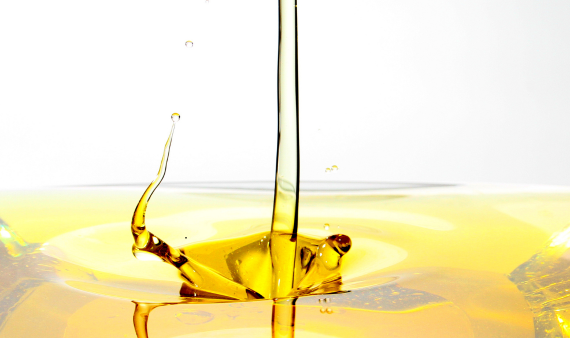Products

High Sulphur Furnace Oil (HSFO; RFO; HFO; FFO; FO)
Furnace oil is a product of direct distillation of diesel oil fractions. Due to its excellent thermal capacity and low cost it is widely used for heating of private houses, stationary heating systems, industrial buildings and power plants. Furnace oil is residual fuel oil of different viscosity and produced from oil distillation residues. The approximate viscosity of the product is 50OC.

High Speed Diesel (HSD)
Diesel oil is used for the operation of piston diesel internal combustion engine. In gasoline engines, ignition occurs from a spark, whereas in diesel engines fuel ignites when compressed under high pressure. The exhaust gas temperature of diesel engine is lower than that of a gasoline engine. Due to which the loss of heat and power is reduced, which makes the diesel more economical.

Coal (Local & Imported)
Coal is combustible black or brownish-black sedimentary rock, formed as rock strata called coal seams. Coal is mostly carbon with variable amounts of other elements; chiefly hydrogen, Sulphur, oxygen, and nitrogen. Coal is formed when dead plant matter decays into peat and is converted into coal by the heat and pressure of deep burial over millions of years

Kerosene Oil (SKO)
This colorless slightly oily liquid was especially popular in the 19th and 20th century when used in kerosene lamps for lighting and in stoves for cooking. Kerosene widely used in various fields due to its properties:
- Increases wear resistance of mechanism
- Dissolves organic compounds
- Has a stable composition
- Quickly evaporates
- Has a high combustion temperature (upto 300oC)
- Resistant to thermal oxidation

White Spirit
White spirit is a specially refined product in the naphtha boiling range. It has a variety of uses including as an extraction solvent, a cleaner (paint thinner), or a degreaser. It is a common solvent in paints, lacquers, varnishes, aerosols, and asphalts. It’s also known as solvent naphtha, mineral spirit, varsol, mineral turpentine, petroleum spirits, solvent naphtha (petroleum), or, generically paint thinner. A mixture of aliphatic and alicyclic C7 to C12 hydrocarbons, white spirit is used as an extraction solvent, as a cleaning solvent, as a degreasing solvent.

Premier Motor Gasoline (PMG)
Gasoline is the most common type of fuel that is used for most vehicles. It is colorless or slightly yellowish flammable liquid consisting mainly of hydrocarbons. It is produced by distilling oil or splitting petroleum products. Gasoline is used for spark ignition internal combustion engines in road and air transport. The quality of the fuel determines the operability and durability of the engine. Motors are developed by the manufacturers for a specific type of hydrocarbon mixture. Gasoline, as fuel, must meet the requirements of the motor and have certain characteristics:
- Octane
- Fractional composition
- Saturated vapor pressure, etc.

Bitumen
Bitumen is widely used in the construction of asphalt roads and bituminous membrane products. Bitumen is commonly used to build highways, motorways and rail networks. Bitumen has excellent water-proofing properties and is widely used for making roofing products along with a range of other household and industrial applications, from emulsion paints to sound-proofing. Bitumen has been proven to be effective on both high-speed railway tracks and heavy-load railway tracks. It is also used for surfacing airfield runways and air strips and taxi ways. For the marine construction industry bitumen is used of hydraulic applications such as canal lining, underwater tunnels, river bank protection, dam construction and sea defence.

Liquid Petroleum Gas (LPG)
LPG – Liquified petroleum gas or liquid petroleum gas is mixture of flammable hydrocarbon gases that include propane, butane, isobutane and mixture of the three LPG gases. LPG is commonly used for home heating gases, cooking, hot water, refrigerants, aerosol propellants, petrochemical feedstock, and Autogas fuel for LPG – cars and vehicles. LPG gas comes from oil and gas wells, as is a fossil fuel. LPG gas manufacturing process includes natural gas processing and the crude oil refinery process.
- Octane
- Fractional composition
- Saturated vapor pressure, etc.

Low Sulphur Furnace Oil (LSFO)
Heavy fuel oils are referred to as low sulfur fuel oil (LSFO) if their sulfur content is below 1%. Usually these are marine fuel types IFO 180 or IFO 380, which have been desulfurized. Until the end of 2014, ships could still travel through Emission Control Areas (ECAs) with this type of marine fuel.

Light Diesel Oil (LDO)
Light diesel oil, or LDO, is a blend of components from the distillation process of diesel. It is used in engines with an RPM less than 750, such as boilers and furnaces. LDO is also referred to as distillate fuel or marked oil since it is marked with a coloring substance. A number of properties must meet standard requirements for a fuel to be classified as light diesel oil.
- Octane
- Fractional composition
- Saturated vapor pressure, etc.
Producers of Coal, Iron Ore, Steel, Rolled Steel, Ferroalloys
We are hard workers and problem solvers, able to understand both the technical and business challenges when creating digital products and experiences.
We are proud of the fact that we have formed a highly effective team. The difficulties we have gone through together and the highs we have achieved have united us into a like-minded team.

Lubricants
A lubricant is a substance, usually organic, introduced to reduce friction between surfaces in mutual contact, which ultimately reduces the heat generated when the surfaces move. It may also have the function of transmitting forces, transporting foreign particles, or heating or cooling the surfaces. In addition to industrial applications, lubricants are used for many other purposes. Other uses include cooking, bio-applications on humans, ultrasound examination, medical examination. It is mainly used to reduce friction and to contribute to a better and efficient functioning of a mechanism.

Related Petroleum Products
The other related petroleum products are asphalt, bio-diesel, paraffin wax, tar, naphtha, petrochemicals plastics.
